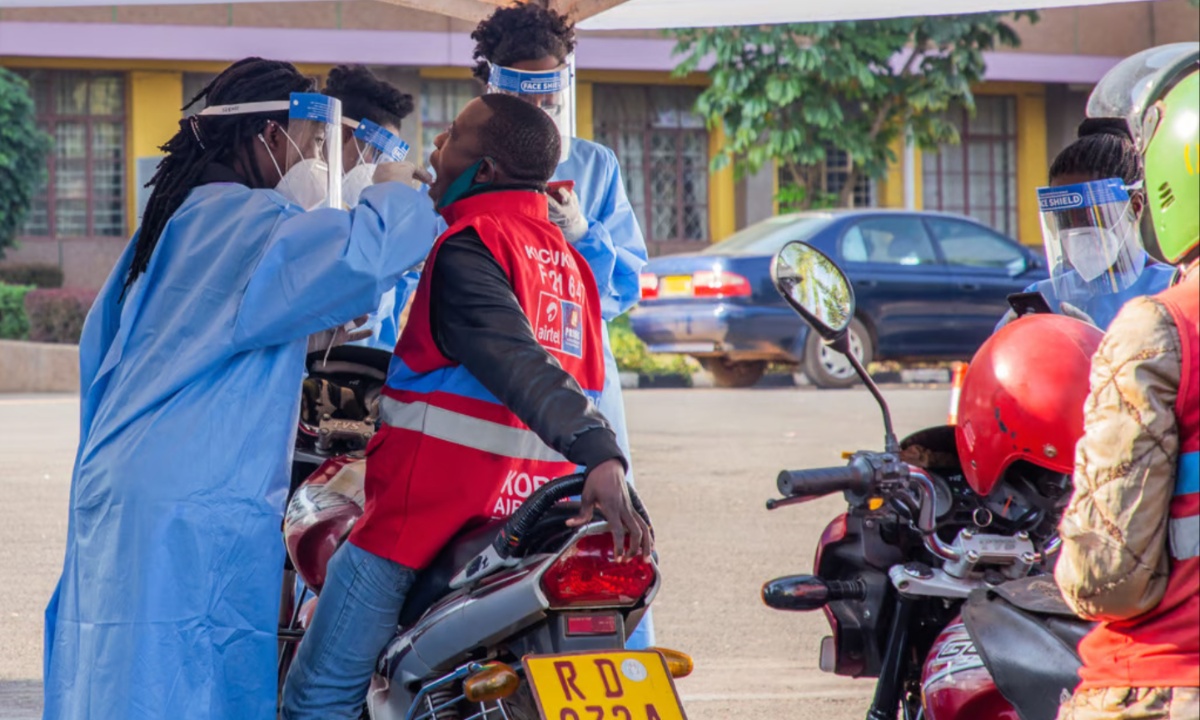Rwanda has confirmed eight deaths from the Marburg virus, a highly contagious and deadly hemorrhagic fever similar to Ebola. The outbreak declared just days ago, has led to 26 confirmed cases so far. Health officials are warning the public of the virus’s danger, as there is no authorized vaccine or specific treatment available. The virus is transmitted through close contact with bodily fluids from infected individuals or contaminated surfaces, with a fatality rate as high as 88% in untreated cases.
In response to the outbreak, Rwandan authorities have identified around 300 people who came into contact with infected individuals, many of whom are being held in isolation facilities. Public health officials are urging citizens to avoid physical contact to limit the spread. Healthcare workers, in particular, have been hit hard, with most of the cases coming from this group across six of the country’s 30 districts. Contact tracing and testing efforts are being intensified to manage the crisis.

The origin of this Marburg outbreak in Rwanda remains unknown, according to Health Minister Sabin Nsanzimana. The virus can take anywhere from three days to three weeks after exposure to show symptoms, which typically include fever, muscle aches, vomiting, diarrhea, and in severe cases, death from excessive blood loss. The World Health Organization (WHO) has stepped in to support Rwanda’s efforts, with its Director-General confirming that additional resources are being mobilized to assist in stopping the spread.
Meanwhile, the U.S. Embassy in Kigali has advised its staff to work remotely as a precaution. Marburg outbreaks have been documented previously in several African nations, including Tanzania, Angola, and Uganda. The virus was first discovered in 1967 when it caused simultaneous outbreaks in laboratories in Germany and Serbia, killing seven researchers working with monkeys.
Alongside managing the Marburg outbreak, Rwanda is also dealing with cases of mpox, a virus related to smallpox that usually presents with milder symptoms. Six mpox cases have been confirmed in Rwanda, and the country has recently initiated a vaccination campaign. Neighboring Congo, which has reported the highest number of mpox cases in Africa, remains the epicenter of the mpox outbreak. The World Health Organization has classified mpox as a global health emergency.
